Securing its place in the world economic order: The EU can't afford to wait for the US

The EU concluded two important and lengthy negotiations at the end of 2020: one, the seven-year-long negotiations for the EU-China Comprehensive Agreement on Investment (CAI); and two, the four-and-a-half-year-long Brexit negotiations and conclusion of an EU-UK Trade and Cooperation Agreement. With the end of the Brexit transition period on 31 December 2020, the UK has officially left the EU single market with effect from 1 January 2021.
While both concluded negotiations seem to be unrelated on the surface, they actually reflect the EU's deep strategic considerations with regard to the European regional order and the global economic order in the post-pandemic era.
As one of the world's most important economies and a major actor in global politics, the EU's strategic thinking and outlook of the future international order bears a huge impact on the medium- to long-term international order. As there has already been much discussion on China's perspective of the China-EU CAI, I will mainly analyse the concluded negotiations from the EU's perspective.
Strategic pressure on three levels
Why were the two deals mentioned above concluded at the same time in late 2020? Simply put, the EU faces strategic pressure on three levels: the domestic level within each member state, the regional (European) level, and the international level. As such, this is the best window of opportunity to achieve strategic breakthroughs.
... all eyes are on how domestic politics will pan out in Germany in the post-Merkel era as Chancellor Angela Merkel ends her 15-year leadership this year.
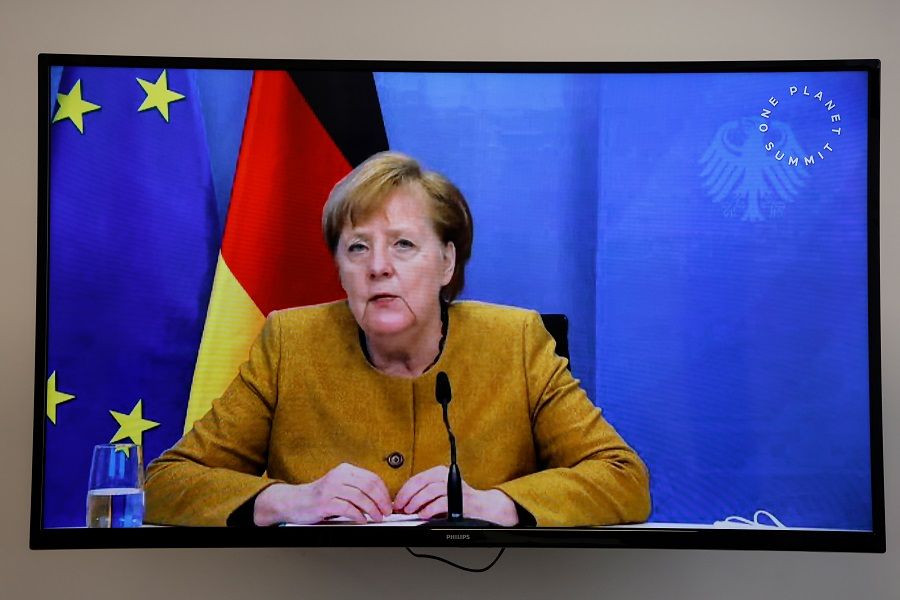
Firstly, as the key member states of the EU are entering election season, there could be radical changes in the countries' internal affairs. To avoid slipping into political involution and narrow-minded populist nationalism, there is a need to build a breakwater in advance. For instance, all eyes are on how domestic politics will pan out in Germany in the post-Merkel era as Chancellor Angela Merkel ends her 15-year leadership this year. On 16 January, Merkel's Christian Democratic Union (CDU) picked Armin Laschet, premier of North Rhine-Westphalia state, as its new leader. While recent polls show that the CDU currently enjoys the most amount of support (36%) and is ahead of the Greens in second place with a support rate of 20%, populist parties in Germany are rising up.
It is uncertain if the CDU can keep up this level of support without Merkel and if the middle ground of German politics, which has been the mainstream, can be maintained. Later in September, Germany will be holding its general election. With the rise of the earlier mentioned environmentalist and populist parties, the political direction of a key member state of the EU may undergo major changes. To maintain state vitality and prevent involution, Merkel will want to leave behind an enduring strategic direction before stepping down.

Secondly, the EU must speed up its opening up to counter the lack of impetus for deeper European integration. France, another important proponent of European integration alongside Germany, will hold its presidential election in Spring 2022. France's far-right forces oppose European integration, and Brexit has had a great impact on this process.
Actually, the EU has been in a state of constant crisis since the 2008 financial crisis - it weathered the European sovereign debt crisis, the refugee crisis, Brexit, and tense US-Europe relations. The reason for the EU being able to stay intact is largely due to the strategic vision and political will of the older generation of leaders such as Merkel and former President of the European Commission Jean-Claude Juncker, who have worked to counter anti-EU forces. However, these personalities have left or will soon leave the political arena. The elites who advocate European integration are thus worried about the future of Europe in this new political environment marked by an EU without the UK and a Germany without Merkel.
But whether the new Europe is headed towards dissolution or integration is dependent on there being a high level of trust among all the new-generation leaders of the main EU countries.
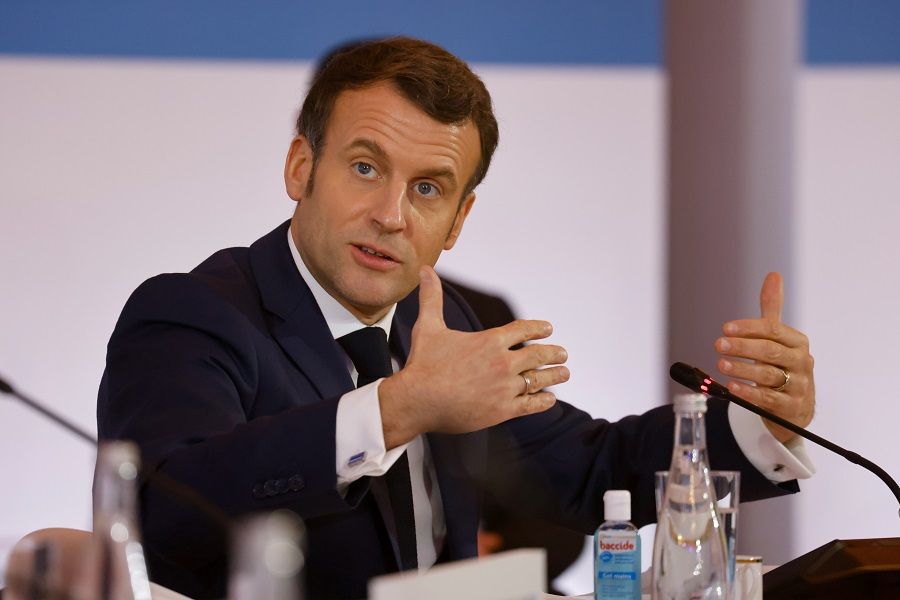
Among the new-generation EU leaders, French President Emmanuel Macron can be said to be a firm supporter of European integration. But whether the new Europe is headed towards dissolution or integration is dependent on there being a high level of trust among all the new-generation leaders of the main EU countries. Merkel has done her bit to facilitate this process. By supporting Macron during her term in office, Merkel has helped Macron establish European political authority and sent a political signal within the EU that France and Germany are jointly helming the EU integration project.
The signal that the EU is sending the US is this: even without US leadership, cooperation based on multilateralist ideals is still possible.
Thirdly, by concluding the two deals at the same time, the EU is also sending a signal to the US and the UK. First, the EU and the US have been having difficult negotiations on a trade and investment deal for some time and the former Trump administration further dimmed prospects for any movement. At the same time, based on the US's attitude towards the World Trade Organization (WTO), the EU is also worried about the future multilateral trading system.
Prior to the conclusion of the China-EU CAI negotiations, negotiations for the EU-Japan Economic Partnership Agreement were concluded and the agreement entered into force in February 2019. The signal that the EU is sending the US is this: even without US leadership, cooperation based on multilateralist ideals is still possible. While people believe that the newly minted President Biden will prioritise repairing US-Europe relations, a highly divided US makes forming a domestic consensus very difficult. The EU's conclusion of both the China-EU CAI and the Brexit trade cooperation agreement with the UK will hopefully pressure the US into returning to multilateralism and the free trade system as soon as possible.

A weakened American centrality
In international relations, while people are calling for global cooperation, it is relatively difficult for sovereign states to work together due to the lack of a world government that transcends sovereignty. Even though various multilateral economic organisations and institutional arrangements were set up following the war, international economic cooperation was made possible only through the leadership of the US, the world's superpower. Hence, American hegemony is taken as the foundation of world economic order and cooperation by default, and countries around the world have in fact internalised this concept of US centrality.
Such a mindset means that economies have to keep a constant watch on the impact of US domestic politics on its diplomacy and adapt to its changes, as the US not only provides the largest consumer market for these major economies but is also their biggest investor. Despite the economic rise of Europe and Japan in the 1970s and 1980s, and the creation of the G7, this did not weaken the concept of a US-centric global economic order. In fact, the G7 is able to function due to US leadership. And because of the benefits that the US can derive from such a position, it is willing to provide an entrepreneurial-spirited public good of global leadership.
...while rebuilding the global order without US participation is unimaginable, the international order can still work even if the US is temporarily absent from global multilateral cooperation.
However, between the 2008 financial crisis and the current pandemic, increasingly the US is feeling that it is at the losing end and other countries are freeloading in this system. In recent years, the US has been pulling out of international organisations and agreements, such as UNESCO, the Paris Agreement on climate change, and the Iran nuclear deal, besides threatening to exit the WTO. The US believes that international cooperation cannot happen without its leadership. However, other countries are changing their strategic thinking about global cooperation - while rebuilding the global order without US participation is unimaginable, the international order can still work even if the US is temporarily absent from global multilateral cooperation. This is not being anti-US, but an effort to eventually bring the US back into multilateralism to stabilise and improve the international order.
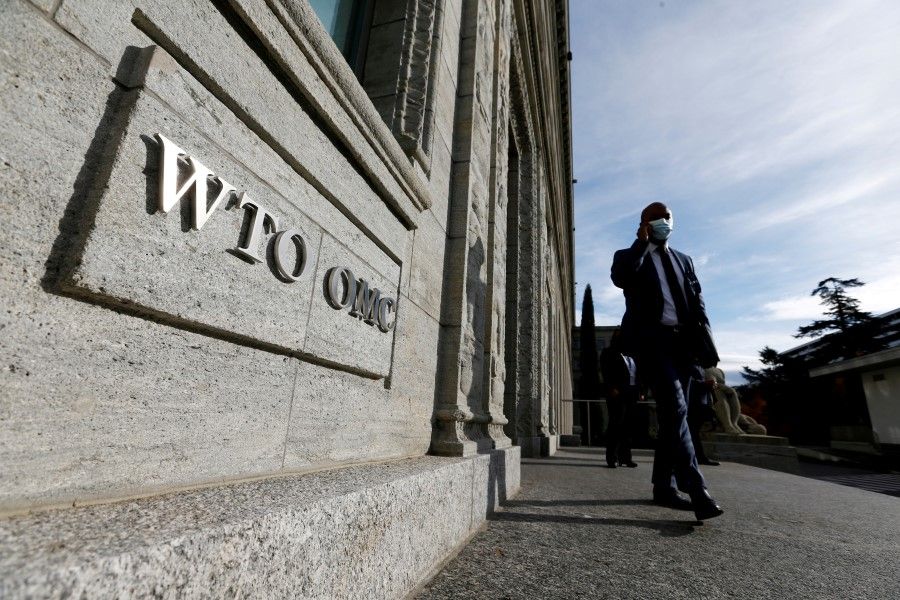
Multiple leaders in the new global order
Due to globalisation, the relations between nation-states have evolved from vertical interactions to building lateral networks. In the case of the WTO, since 2017, the US has declined to be a member of the WTO Appellate Body. In December 2019, the group's operation was jeopardised because there were fewer than three members; in 2020, the WTO director-general announced his resignation before the end of his term (a successor has not yet been identified). In view of this, in January 2020, about 20 countries including Europe, China, and Canada, started discussions on a temporary alternative to the Appellate Body. But even though the WTO is not perfect, its appeals system is similar to the highest trade court - if it remains stagnant for a long time, there would be a long-term legal gap in international trade, which is definitely no good for the international community.
Former WTO director-general Pascal Lamy previously said that it is "better to have a WTO without the US than no WTO at all". This sounds extreme, but it reflects the sense of urgency and anxiety among the international community. While there seem to be more bilateral free trade agreements signed in the past couple of years, such as the Japan-US bilateral FTA signed at the end of 2019, there is a lesser degree of freedom in this particular agreement, and it is unlikely to satisfy the real needs of a major trading country like Japan. Besides, Japan is also concerned that having too many such bilateral agreements will give less weight to the multilateral trading system that it survives on.
The result of this expanding and deepening of global lateral relations is that on issues such as international trade, each country would tend to be guided by national interests and the future stability of the global economic order. Countries would work together to seek a blueprint for multilateral governance, and it would be difficult for any country to decline to participate for very long.
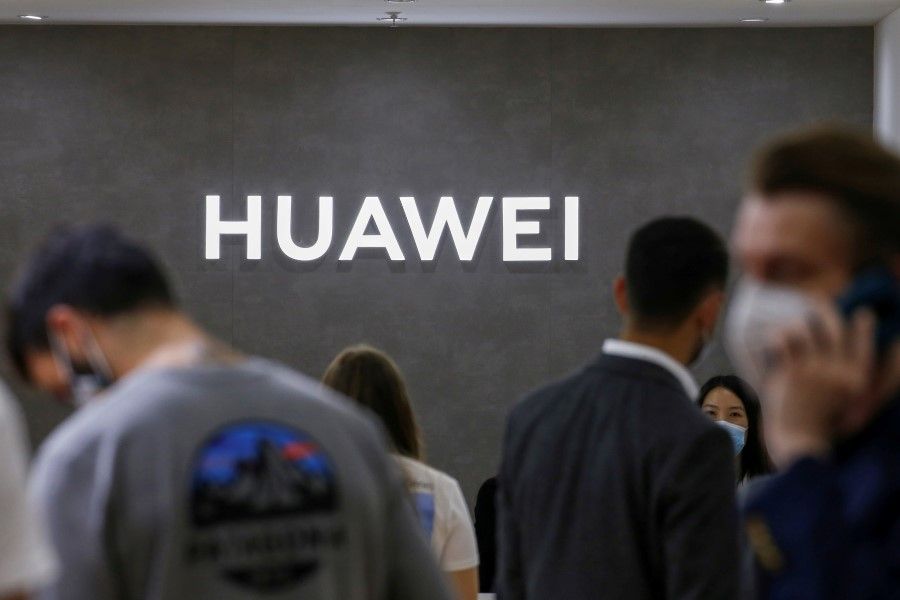
Second, in this era of globalisation, saying no to multilateralism would lead to a loss of speaking rights and rights in deciding and setting standards for new sectors. For instance, in new sectors such as AI and 5G, Huawei and other companies play a key role as active participants in setting global standards. In May 2019, the US added Huawei to its Entity List, which not only meant that it was illegal for US companies to export products to Huawei, but they could not interact with Huawei in setting global standards for the sector.
However, given the definite need to set standards for these new sectors, snubbing core enterprises like Huawei means that discussions on setting new standards cannot happen. The US used to be a leader in global internet standards, which happened amid multilateralism. If US companies cannot participate in discussions on standards for new sectors, the US would lose not just economic benefits, but also soft power.
Europe will see a period of economic stagnation within the next three to five years. If they cannot promptly identify new growth sectors or new demand, there is a risk of a "lost decade" for Europe.
European economists calculate that even with a high take-up rate of the coronavirus vaccine, it will be difficult for Western economies to recover to 2019 levels by 2022. The long lockdowns and high unemployment resulting from the coronavirus has led to weak consumer demand, while the large-scale stimulus measures taken by European governments have led to burgeoning debt, which means that Europe will see a period of economic stagnation within the next three to five years. If they cannot promptly identify new growth sectors or new demand, there is a risk of a "lost decade" for Europe.
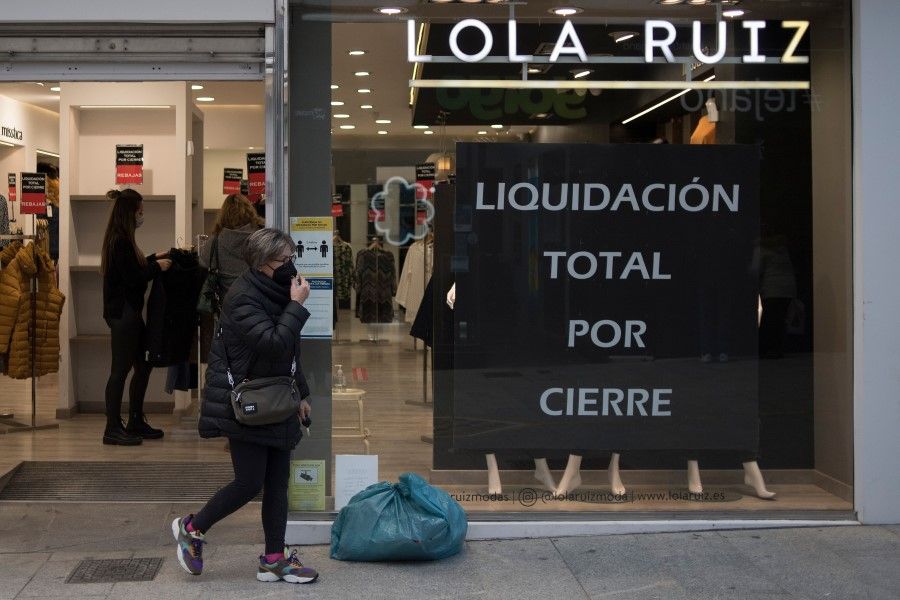
Europe cannot wait for the US to take the lead in resolving issues. On the other hand, the World Bank and International Monetary Fund forecast that China's economic growth may recover to 8% in 2021. Europe needs to bring in China as an external motivator and pressure to stimulate deeper reforms for regional integration, and for revitalisation.
According to European media reports, following the signing of the China-EU investment deal, China will introduce changes to foreign investment in sectors such as finance and new energy vehicles, and also implement reforms in areas such as subsidies for state-owned enterprises and the protection of labour rights. At the same time, being a bilateral investment deal, China will also ask for fair and equal treatment in entering the European market.
All this shows that the leadership in the global economic order will be more diverse - not that US leadership counts for nothing, but economies are looking forward strategically to building a global multilateral economic order that is less influenced by changes in US domestic politics and that is able to self-regulate to some degree.
Related: Chinese academic: China-EU investment deal is of great strategic value to China | America and Europe are coming together against China, but will it work? | Why the Chinese public is unenthusiastic about further reforms and opening up | China-EU investment deal can bolster the world's post-pandemic recover
